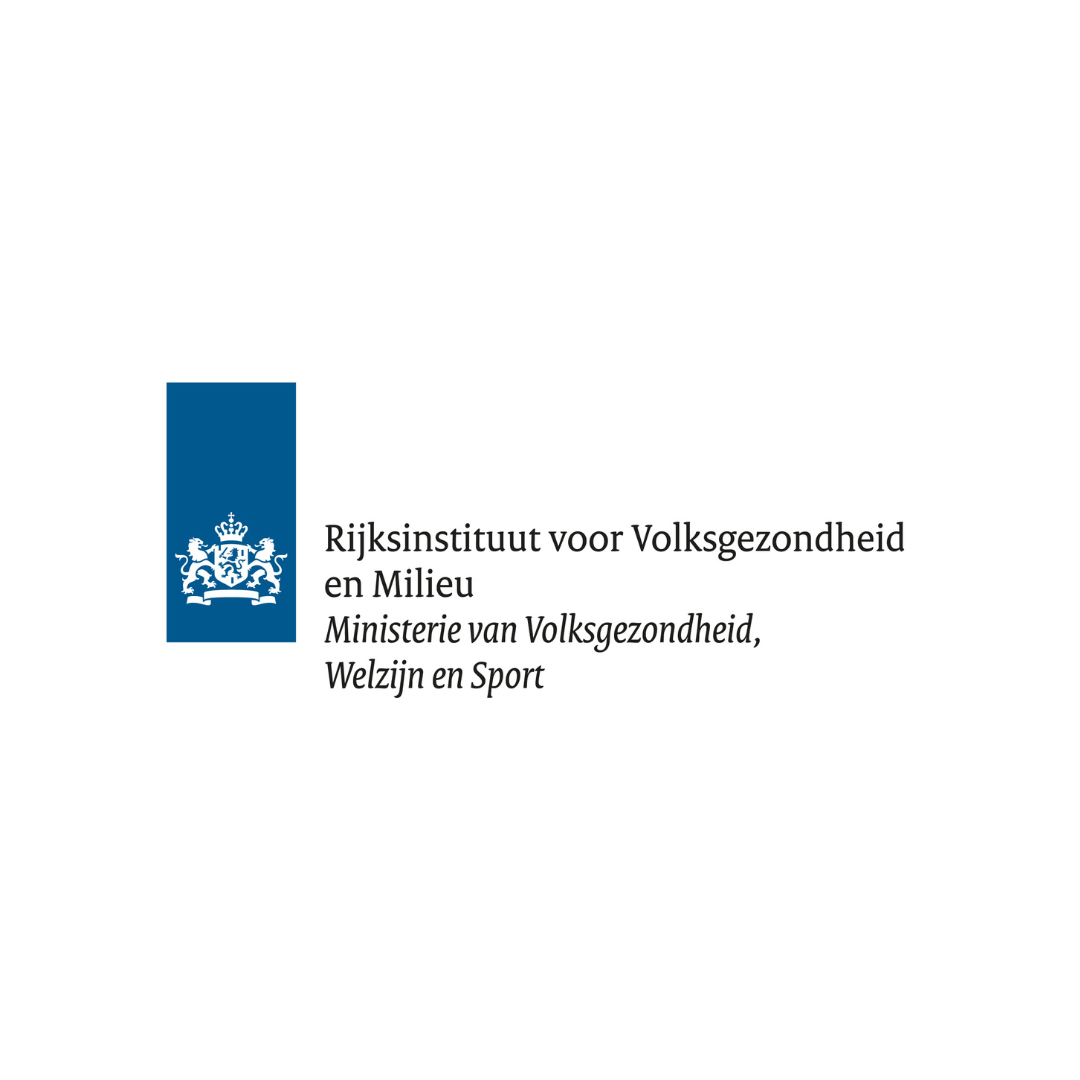Design out waste.
80% of the environmental impacts are determined at the design stage. Hence one of the core principles of the Circular Economy according to the Ellen MacArthur Foundation is to design out waste and pollution. This is why, together with Circulair in Bedrijf (and partners GP Groot and Sortiva), we combine forces and use material, production and recycling knowledge to assist companies upstream and prevent the extraction of resources by joining during crucial designing decisions. One bridge too far for your company? Let’s start by creating value from waste streams and minimize environmental impact.
Description of projects
RIJKSINSTITUUT VOOR VOLKSGEZONDHEID EN MILIEU (RIVM)
Challenge: The Netherlands aims to have a circular economy in place by 2050 and requested RIVM to develop the Raw Materials Information System (Grondstoffen Informatie Systeem - GRIS) for this purpose. RIVM needed to explore what is needed in order to create such a system.
Outcome: Supported the RIVM in setting up indicators to monitor raw materials, to test the indicators in pilot case(s) and setting up recommendations for gathering data about the production and processing of the raw materials, linking different data, evaluating which data is missing and make the data available.
SDG ASSESSMENT
Challenge: Adjust the strategic positioning of Prom'es and thereby connect with the United Nations Sustainable Development Goals (SDG).
Outcome: In addition to the substantive results of the SDG Assessment, Circular in Business created broad support within the organisation by organising an interactive workshop and formulating concrete practical follow-up steps.
MATERIAL FLOW ASSESSMENT
Challenge: Softbank Robotics had large number of used materials that were scheduled for recycling. They were looking for an alternative solution to extend the life of these assets.
Outcome: By mapping out various options in terms of facilities, regulations, and potential collaboration partners, SoftBank was able to avoid premature disposal of the assets by finding a way to reuse them in the future.
BASELINE AND SDG ASSESSMENT
Challenge: Nieuwe Start Woonzorg formulated ambitions for sustainable progress and were looking for inspiration and a baseline assessment.
Outcome: By means of desk- and field research a mapping of NSW strategy and UN SDG’s was performed after which a baseline CO₂ footprint was performed (scope 1, 2, 3) and next steps were formulated
PROTOTYPE CIRCULAR PACKAGING
Challenge: Through the 'fruit revolution', there is a desire to provide more users with local, organic and circular drinks. With the closing of the horeca (during COVID pandemic), other channels are being sought to distribute the product to a wider audience in a sustainable way.
Outcome: Besides designing a prototype (giftset and shipping packaging) based on circular principles, choices regarding materials were made through various samples. For scaling, the necessary sustainable packaging producers were involved.






